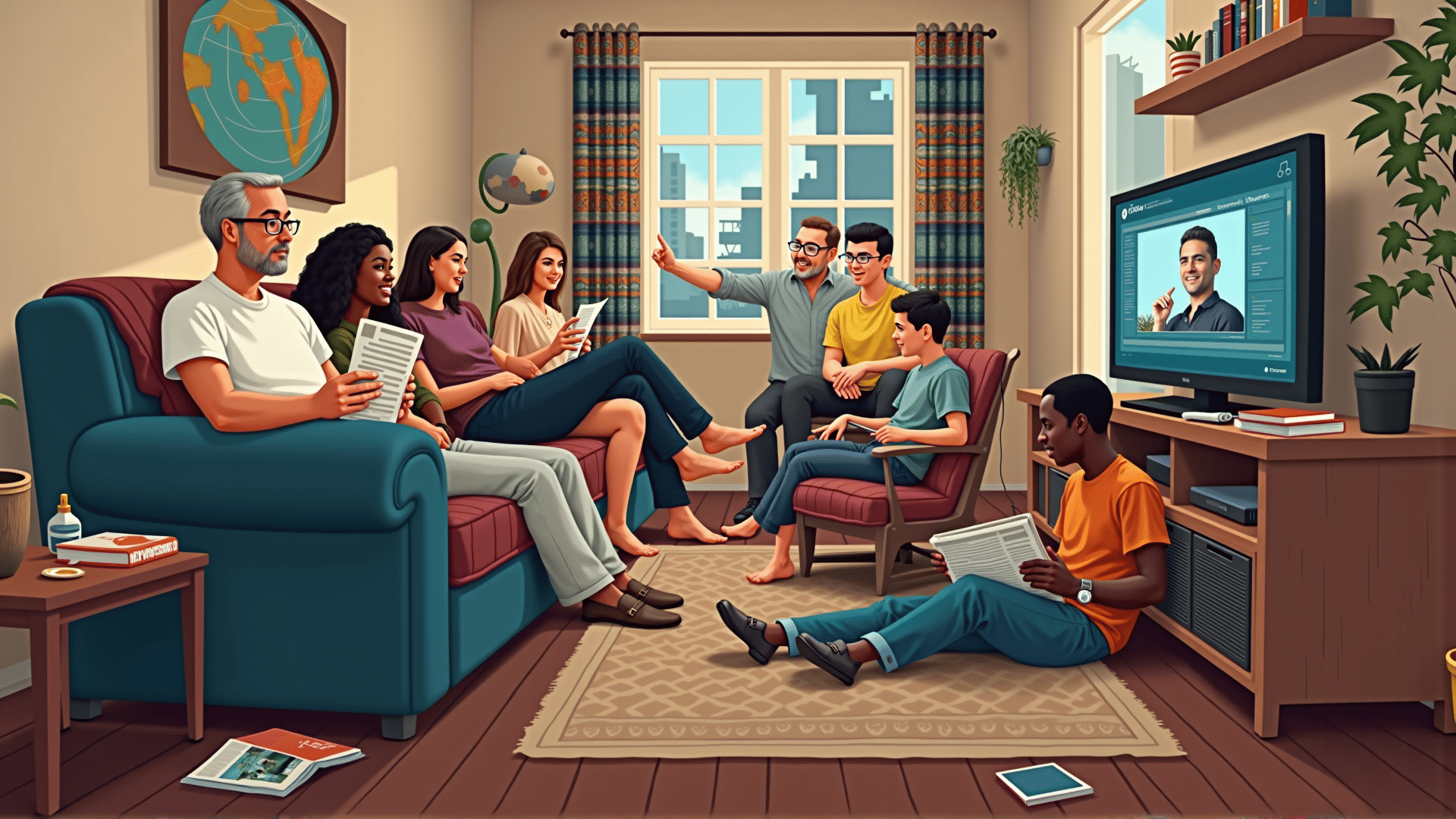In contemporary society, media holds a pivotal role in shaping public perception and influencing societal values and behaviors. As a powerful tool for communication and information dissemination, media impacts how individuals view themselves, others, and the world. This influence extends to the digital realm, where online platforms are now central to public discourse.
Traditional media such as newspapers, television, and radio have long guided societal norms and values. These platforms serve not only as sources of information but also as cultural touchstones that reflect and reinforce societal standards. For example, the representation of events in news programming can shape public opinion by highlighting certain aspects while downplaying others, thus guiding the narrative in specific ways.
Digital media has further amplified this influence. With the rise of social platforms, information circulates at unprecedented speeds, reaching global audiences almost instantly. This immediacy can foster a more connected global society, allowing for the swift exchange of ideas and cultural elements. However, it also poses challenges, such as the rapid spread of misinformation, which can distort public perception and create false narratives.
One significant impact of media, particularly digital platforms, is their role in shaping cultural and societal norms. Content-sharing platforms often dictate trends in music, fashion, and lifestyle. This dynamic is particularly pronounced among younger generations, who frequently look to digital content for cues on behavior and self-expression. As users engage with content, they contribute to a cycle that perpetuates specific cultural narratives and behaviors, which can eventually lead to significant shifts in societal values.
Moreover, media offers a space for diverse voices and perspectives, fostering a more inclusive representation of different communities. Digital platforms, in particular, provide a stage for underrepresented groups to share their stories and perspectives, which can challenge prevailing stereotypes and inspire social change.
Nonetheless, the relationship between media and society is complex. While digital platforms can democratize content creation, they can also magnify divisive rhetoric and contribute to polarization. Algorithms often create echo chambers by curating content based on user preferences, limiting exposure to differing viewpoints. This can reinforce biases and hinder balanced discussions, impacting how we engage with one another socially and politically.
Ultimately, media's influence on society is a double-edged sword, with both positive and negative implications. It can inspire change and drive progress, yet also perpetuate division and misinformation. As consumers of media, it is crucial to engage critically with content, seeking diverse perspectives and verifying information from reliable sources. By doing so, society can harness the power of media to foster understanding and cultivate a more informed community.
